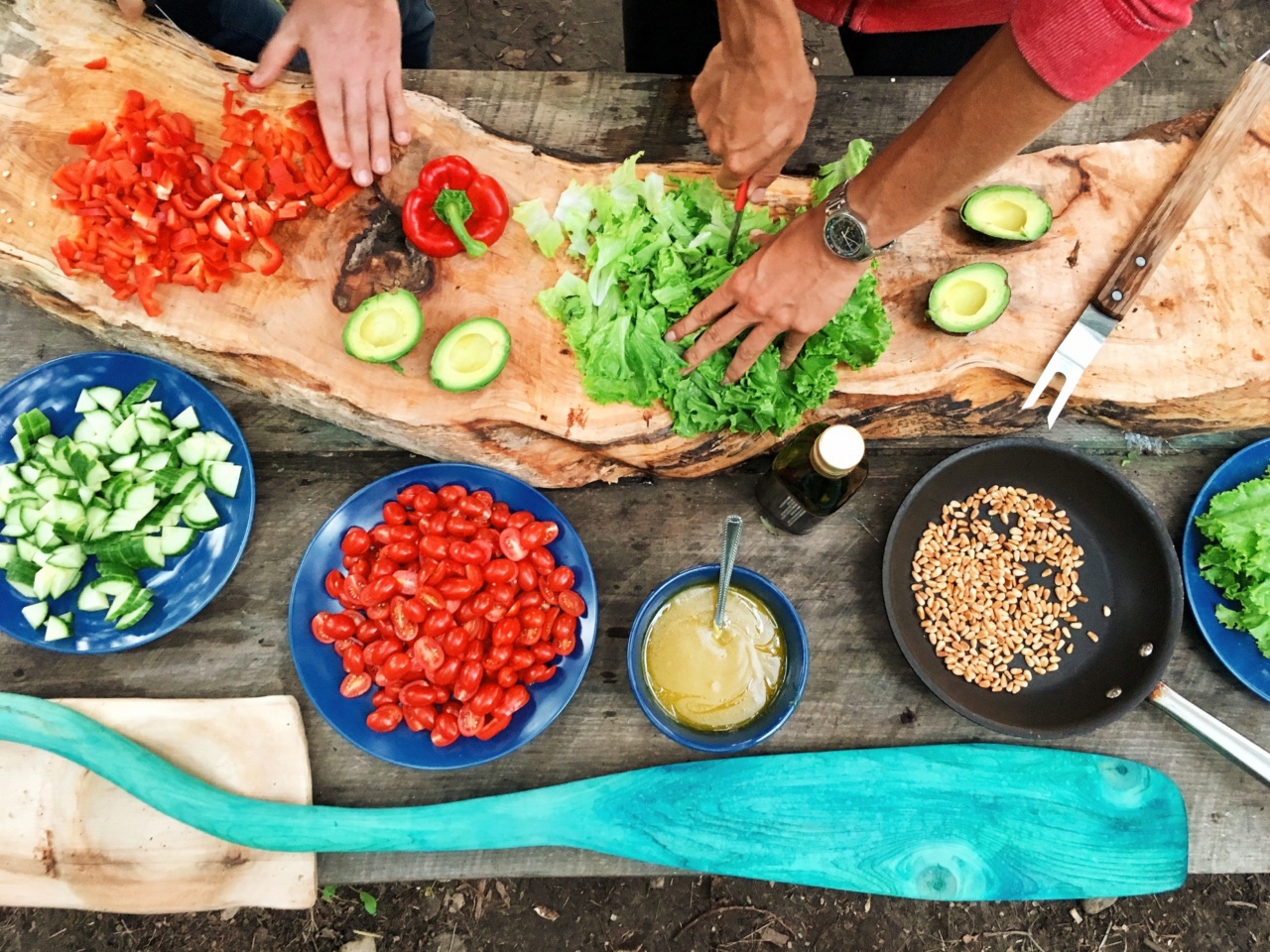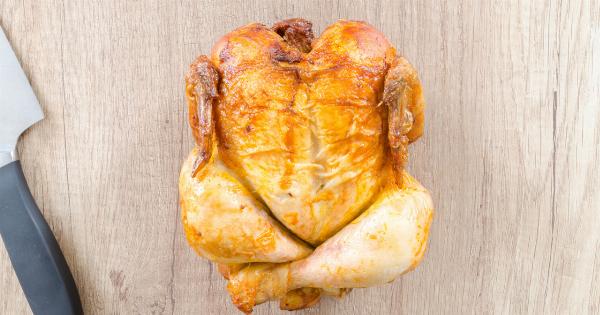Cooking at home is a wonderful way to control what you eat and ensure a healthy lifestyle. However, there are several cooking blunders that people often make, which can unintentionally contribute to weight gain.
These blunders not only affect your waistline but can also impact your overall health. In this article, we will discuss the top cooking blunders that you should avoid to maintain a healthy weight.
Cooking Blunder 1: Excessive Oil Usage
While oil is essential in cooking to add flavor and prevent food from sticking, excessive usage can pile on unnecessary calories. When you pour oil straight from the bottle into the pan, it is easy to lose track of the amount you are using.
Instead, measure the required amount of oil using a tablespoon or use a cooking spray to control the quantity effectively. This small change can significantly reduce the calorie content of your dish.
Cooking Blunder 2: Overcooking Vegetables
Overcooking vegetables not only affects the taste and texture but can also reduce their nutritional value. Many people tend to overcook vegetables, leading to the loss of essential vitamins and minerals.
Steaming or lightly sautéing vegetables helps to retain the nutrients and ensures that they are not mushy. Keep a close eye on the cooking time to maintain the perfect crunch and maximize the health benefits.
Cooking Blunder 3: Using Excessive Salt
Salt is a common ingredient that adds flavor to dishes, but excessive salt intake can contribute to water retention and weight gain.
The recommended daily intake of salt is around 2,300 milligrams, and consuming more than that can lead to bloating and other health issues. Instead of relying solely on salt, experiment with herbs, spices, and citrus juices to enhance the flavor of your food without adding unnecessary sodium.
Cooking Blunder 4: Frequent Deep Frying
Deep-fried foods may be delicious, but they are often high in calories and unhealthy fats. Regularly indulging in fried foods can quickly lead to weight gain and other health problems.
Instead, opt for healthier cooking methods such as baking, grilling, or steaming. These methods require less oil and retain the natural flavors of the ingredients, making your meals both delicious and nutritious.
Cooking Blunder 5: Neglecting Portion Control
Portion control is a crucial aspect of maintaining a healthy weight. Even if you prepare nutritious meals, consuming large portions can still result in weight gain. It’s important to be mindful of your portion sizes and not overload your plate.
Use smaller plates and bowls to help control portion sizes. Additionally, focus on including more vegetables and lean proteins in your meals to keep you satisfied without overeating.
Cooking Blunder 6: Relying on Store-Bought Condiments
Store-bought condiments like barbecue sauce, ketchup, and salad dressings may seem harmless but can be high in added sugars, unhealthy fats, and calories. These additives can quickly add up and contribute to weight gain.
Making your own condiments at home allows you to control the ingredients and avoid unnecessary additives. Try creating homemade sauces and dressings using healthier alternatives like Greek yogurt, herbs, and spices.
Cooking Blunder 7: Skipping Breakfast
Skipping breakfast may seem like a time-saving option, but it can actually lead to weight gain. When you skip breakfast, you are more likely to feel hungry later in the day and indulge in unhealthy snacks or larger portions during meals.
Breakfast kick-starts your metabolism and provides essential nutrients to fuel your day. Prepare a quick and nutritious breakfast, such as overnight oats or a smoothie, to keep you energized and prevent overeating later on.
Cooking Blunder 8: Including Sugary Drinks
Many people overlook the impact of sugary drinks on their overall calorie intake. Beverages like soda, fruit juices, and sweetened coffee can add a significant amount of calories without providing any nutritional value.
Opt for healthier alternatives such as water, herbal tea, infused water, or unsweetened beverages to quench your thirst without the extra calories.
Cooking Blunder 9: Using Unhealthy Cooking Techniques
Certain cooking techniques can add unnecessary calories and unhealthy fats to your dishes. For example, breading and deep-frying chicken instead of grilling or baking increases the calorie content significantly.
Similarly, using excessive butter or cream in recipes can contribute to weight gain. To avoid these blunders, choose healthier cooking techniques like grilling, baking, or steaming, and use alternatives like olive oil or Greek yogurt instead of butter and cream.
Cooking Blunder 10: Neglecting Fresh Ingredients
Using processed or canned ingredients may seem convenient, but they often contain added sugars, unhealthy fats, and preservatives. These additives not only contribute to weight gain but can also negatively impact your health.
Incorporating fresh ingredients into your cooking not only enhances the nutritional value of your meals but also adds natural flavors without any hidden additives.






























